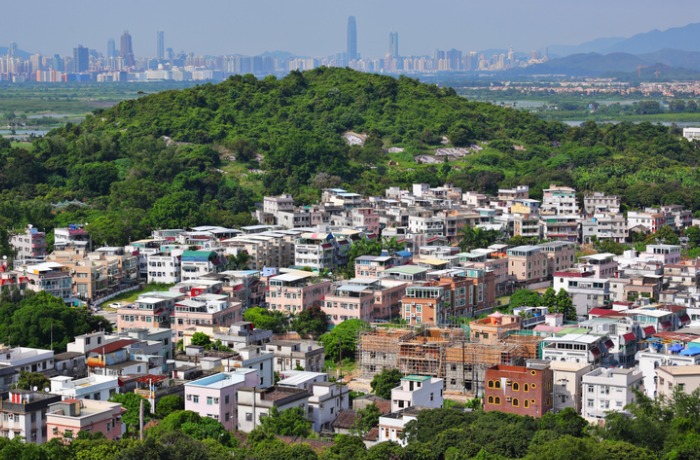Many people find it difficult to distinguish between rates and government rent, and they don’t even know how they are assessed. Some people still say that those living on Hong Kong Island and Kowloon need not pay government rent.
Rates are charged at 5 per cent of the reasonable
Rates are charged as a percentage of the rateable value which is the estimated annual rental value of a property at a designated valuation reference date, assuming the property was then vacant and on offer for rent.
Almost all property owners in Hong Kong have to pay Rates. Rates are charged at 5 per cent of the rateable value which is the estimated annual rental value of a property.

The rental value used for calculation is not the actual or market rent of the property, but is estimated by the government based on a reasonable annual rent. For example, a 500-square-foot flat may carry a government estimate of a monthly rental value of HK$20,000. Government rate for this flat will then amount to HK$12,000, or 5 per cent of the annual rental value of HK$240,000. Property owners need to pay a quarterly rate of HK$3,000.
Government rent is set at 3 per cent of the reasonable annual rent per year
Government rent is payable under the Government Rent( Assessment and Collection) Ordinance and it is charged at 3 per cent of the rateable value of the property.
In the example cited above, the property owner is required to pay HK$7,200 or 3 percent of the annual HK$240,000 in government rent. The owner also needs to pay HK$1,800 in government rent every quarter.
Government rent is for leasehold properties
It should be noted that not all properties have to pay Government rent. Owners of leasehold properties are required to pay government rent.
Historically, Hong Kong Island and the south of Boundary Street in Kowloon have been “permanently ceded” to the United Kingdom. Taikoo Shing, for instance, has been granted a lease of 999 years. Thus, no government rent needs to be paid since there are still more than 800 years left before the expiry date.
All land leases in the New Territories and New Kowloon north of Boundary Street have expired on 27 June 1997. However, the Sino-British Joint Declaration has provided that non-renewable land leases which expired before 30 June 1997 have been automatically extended up to 30 June 2047 without the need to pay an additional premium, but a new Government rent will become payable from the date of extension.
Therefore, government rent is required from July 1, 1997. It is inaccurate to speculate on whether rent is required to be paid for a property if it is located in the New Territories.
Goverment rent needs to be paid for the following three types of properties:
(1) Most properties north of Boundary Street in Kowloon, the New Territories and outlying islands;
(2) Properties in all areas of Hong Kong for which land leases were granted on or after May 27, 1985;
(3) Land with expired lease in which Government rent has to be paid after lease renewal. A case in point is Pokfulam Garden whose land lease expired in 2005. After renewal of its lease, a 3 per cent Government rent for it has to be paid every year.
Interestingly, due to historical reasons, village houses built on farmlands in the New Territories and “small houses” or “Ding Uk” owned by indigenous inhabitants in the New Territories are exempted from payment of rates and government rent.


